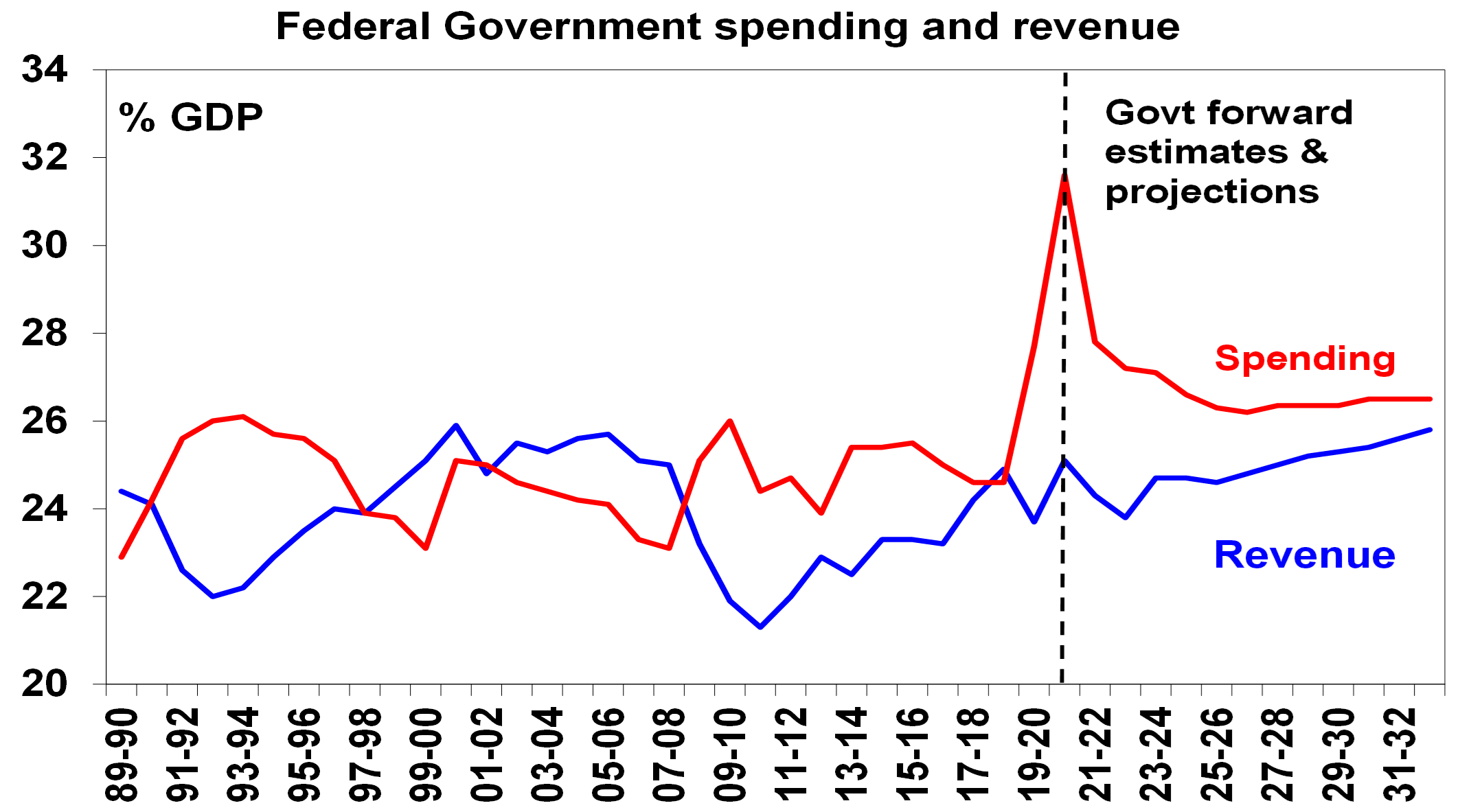Fuel costs are gonna stink. The pointless excise cut will be gone in a couple of months. Diesel will be sitting about $2.50 and unleaded not far behind.
Oh well, maybe it'll keep a few P platers in landcruisers off the road.
Oh well, maybe it'll keep a few P platers in landcruisers off the road.







